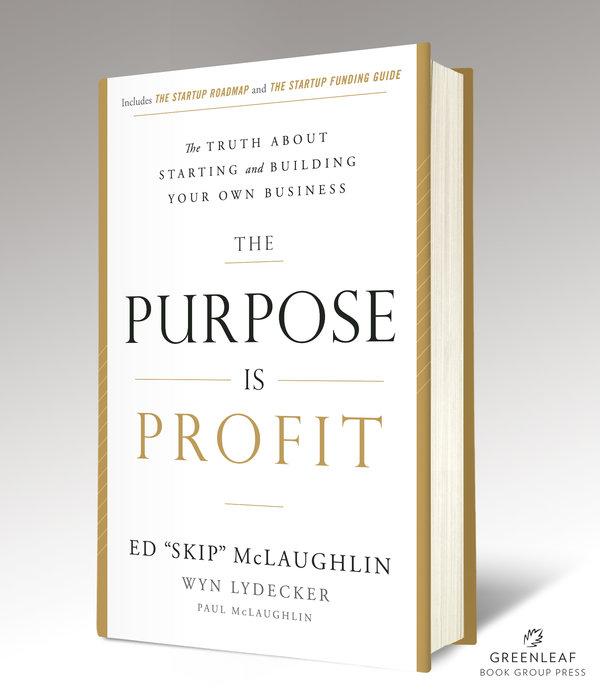By Frances McLaughlin
Although it seems that the world is constantly filled with dissension, I think there are two things on which we all can agree: 1. The world has problems. 2. The world is changing.
Who do you think is the best candidate for taking on the crucial responsibility of facing and solving these challenges? I’m not talking about the 2016 Presidential Election. I’m talking about starting new businesses. Who has what it takes to tackle the challenges of entrepreneurship and solve some of today’s biggest problems? Who can take advantage of change and channel it into creating something great? I’m looking at all the engineers out there.
With an increasingly technical and research-based business world, engineers are needed for their expertise in the fields of science, mathematics and technology. In addition, engineers are extremely useful in today’s environment of constant innovation because of their creativity – a vital feature that some MBAs might lack. According to an article in Inc. magazine, a study that analyzed Facebook profiles of CEOs and founders showed that “three times as many had advanced degrees in engineering than had an MBA”. Unlike your typical salesperson, who might stretch the truth to make his or her point, engineers are honest and realistic in their approach to a problem. This creativity and rationality coupled with a distinctive competence in a specific field make for a great entrepreneur.
The Problem Solvers
When you take into account the variety of disciplines within engineering, it’s easy to see that almost every type of business imaginable could benefit from an engineer’s knowledge: medicine, energy, construction, transportation, electronics, hardware and software…you name it. Our everyday routine depends on all of the aforementioned categories, and none of them would exist or endure without engineers. Not only do the engineers keep the world running, but they are also constantly seeking to improve it.
Engineers are eager to learn new things. Simply put, they are problem solvers. They are trained to recognize a problem and propose a solution. Perhaps this solution takes the form of a new product or service. One of the most important things that a business can do to succeed is to realize a need and satisfy it. Doing just that, engineers are beginning to venture out on their own to start new businesses, “particularly in the IT, social, and mobile industries.”
Famous Engineer Founders
There are many well-known companies founded by engineers. For example, the Rolls-Royce car manufacturing company was started by two motor/mechanical engineers, Charles Rolls and Henry Royce. James Dyson invented the Ballbarrow and the Dual Cyclone bagless vacuum cleaner. Intel, one of the world’s biggest semiconductor chip makers, was founded by chemical engineer Andrew Grove, chemist Gordon Moore, and physicist Robert Noyce. Oracle, the computer hardware and enterprise software company, was founded by programmer Larry Ellison. Yahoo!, a technology company known for its web search engine, was founded by electrical engineer Jerry Yang and computer engineer David Filo. Sehat Sutardja, electrical engineer and computer scientist, and Weili Dai, computer scientist, founded Marvell Technology Group.
Beyond Apps – Three Great Stories
While many entrepreneurs today are developing software and designing applications for our phones, there is also an abundance of engineers creating businesses that solve bigger real-world problems. With such a high demand for engineers in today’s innovative world, it’s no surprise that some of them are trying to market and distribute their tangible product or service. Samantha Music and Kerri Killen, two biomedical engineers who graduated Stevens Institute of Technology in 2012, designed a medical device that can measure movement in spinal patients during their senior design project. With this newly engineered product, they cofounded their own company right after they graduated.
Another recent entrepreneurial endeavor features UC Davis chemical engineering professor, Karen McDonald, and graduate student, Lucas Arzola. They worked together to develop plant-based technology to produce proteins for therapeutics and other uses. Inserogen, founded in 2012, uses a bacterium to direct tobacco plants to produce a desired protein.
UC Davis Chemical Engineering Professor, Karen McDonald
Civil engineer Sankey Prasad became an entrepreneur in 2003 when he founded Synergy Property Development Services, which focuses on architectural design and project management. Since the company was built, Prasad has been the leader of the construction of some of the tallest buildings in the world.
As technology continually advances, there is a greater need for engineers of all kinds. There is also a pressing need for those engineers ambitious enough to go the entrepreneurial route – those who can hone in their skillset and creativity to design and manufacture products that will change the way we live forever. If you’re an engineer and you think you may have a great idea for a new business, don’t hold back because this is your time!
Your Roadmap
Whether you are an engineer who is looking to start up or a founder who will be working with an engineer partner, you need a guide to help improve your probability of success. The one-minute video below explains why The Startup Roadmap: 21 Steps to Profitability was designed for you. The Startup Roadmap is included in the appendix of the book, The Purpose Is Profit: The Truth about Starting and Building Your Own Business.
Ed McLaughlin is the author of The Purpose Is Profit: The Truth about Starting and Building Your Own Business, along with co-authors Wyn Lydecker and Paul McLaughlin. The Purpose Is Profit (Greenleaf Book Group) is available in bookstores now.

Order The Purpose Is Profit here.
Copyright © 2016 by Ed McLaughlin All rights reserved.






Leave A Comment